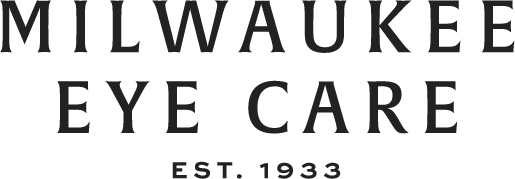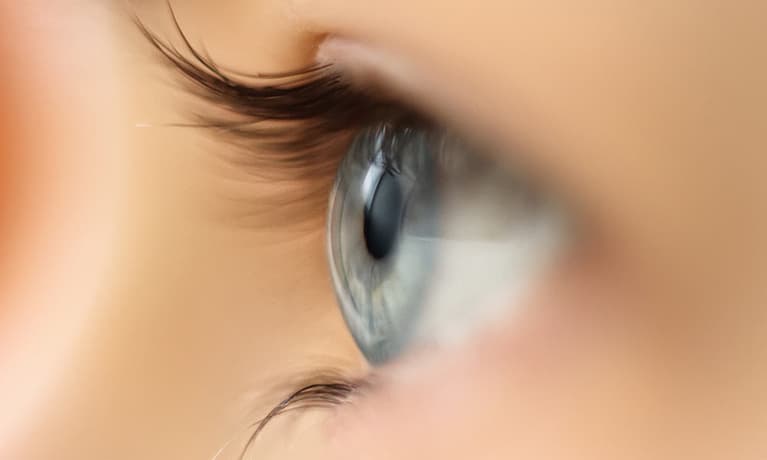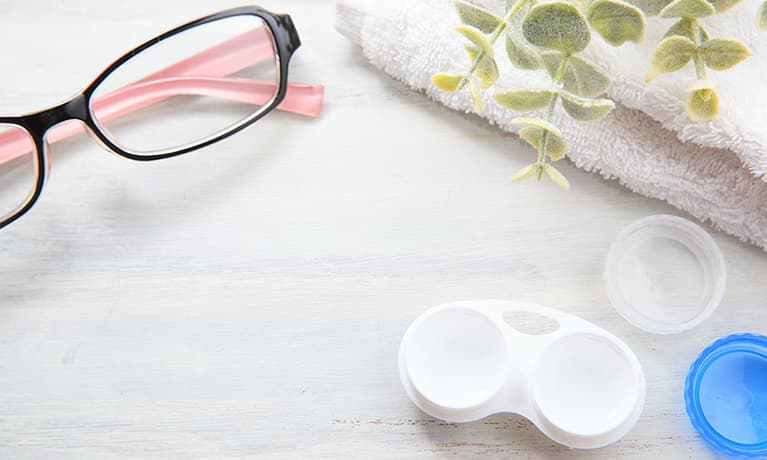Nutrition for Good Vision
It is difficult to open a newspaper or magazine these days without seeing a headlines about the the “American Diet”. A good share of the country eats a lot of fast food doesn’t get five servings of fruits and vegetables each day. Despite the statistics, many patients are committed to taking good care of their bodies and ask what they can do to decrease the risk of certain eye diseases like macular degeneration and cataracts. The fear of going blind can be a powerful motivator to reassess lifestyle and risk factors. For most of us improving the diet is a good place to start.

Do Carrots Help?
We may remember being told as a child to eat more carrots for better eyesight. The Vitamin A we get from carrots is important to the health of the eyes and many other body systems, but is that all there is to it? Research finds that there are many nutrients, from many types of foods, all playing important roles in eye health. It probably won’t surprise you that the diet healthy for your eyes is good for your heart and other organ systems.
Macular Degeneration & Nutrition
Macular degeneration is the leading cause of vision loss in Americans over age 55. The Age-Related Eye Disease Study (AREDS) showed that if you suffer from moderate to advanced macular degeneration, you could reduce the risk of progressive vision loss by taking a combination of high-dose antioxidant vitamins (A, C and E) and zinc. AREDS 2 added lutein and zeaxanthin to the original AREDS formulation. Evidence shows increased consumption of lutein and zeaxanthin may lower the risk of developing macular degeneration. Eggs and dark green leafy vegetables are good primary sources of lutein and zeaxanthin. We recommend a diet rich in a variety of colorful fruits and vegetables, nuts, eggs, and fish (containing omega-3 fatty acids) to reduce the risk of macular degeneration.
Nutrition & Other Eye Conditions
Research shows that eating more fruits and vegetables may also offer protection against the formation of cataracts. The nutrients responsible for this slowdown in cataract development are vitamins C and E and lutein. Omega-3 fatty acid intake and adequate protein consumption also seem to be important protective factors.
Omega-3 fatty acids are also a hot topic in the dry eye treatment arena. About 8 million Americans suffer from dry eye symptoms, most of them women. A study that included 37,000 women showed that those with the highest levels of omega 3 fatty acids in their diet had 20% fewer dry eye symptoms than women who consumed the least amount of omega 3 fatty acids. Many eye doctors consider omega-3 fatty acids from fish or flaxseed as added therapy to manage dry eye disease.
You may wonder if you can just take a vitamin supplement and skip the spinach. Unfortunately, you can’t. Dietary supplements aren’t meant to be food substitutes. However, dietary supplements can play a role in your health by complementing your regular diet if you have trouble eating enough of the right foods. Two pieces of advice on supplements:
1) avoid taking high doses of anything unless prescribed specifically for you and
2) check with your doctor before initiating any new therapy, especially if you are being treated with other medication.
Where Can I Get More Information?
To schedule an appointment call 414-271-2020.










